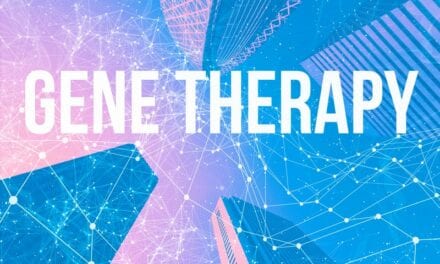[removed]Memorial Rehabilitation at Long Beach Memorial Medical Center[/removed], Long Beach, Calif will participate in a 5-year study of a promising outpatient therapy program for stroke patients who have lost upper-limb movement.
Some 65% of the 700,000-plus people in the United States who experience a stroke each year are left with a significant disability. Loss of use of one arm is common, and the Interdisciplinary Comprehensive Arm Rehabilitation Evaluation Stroke Initiative (I-CARE) study is designed to speed recovery.
“By investigating potential therapeutic interventions for stroke victims, we are looking to improve outcomes and quality of life," says Richard Adams, MD, rehabilitation specialist and medical director of Long Beach Memorial Stroke and Brain Injury Programs.
The trial will investigate the effectiveness of the Accelerated Skill Acquisition Program (ASAP), an intense, focused outpatient rehabilitation program of activities-based training and resistance exercises that includes 30 hours of one-on-one therapy early in the rehabilitation process. ASAP also uses motivational techniques to encourage patients to self-manage their therapy.
The NIH-National Institute of Neurological Disorders and Stroke and the NIH-National Institute of Child Health and Human Development recently awarded Carolee Winstein, director of the Motor Behavior and Neurorehabilitation Laboratory at the University of Southern California, $12.4 million for the 5-year trial. Long Beach Memorial was among five physical rehabilitation sites in Southern California selected to participate.
“More effective rehabilitation treatments could lessen the disability, caregiver burden, and economic impact of stroke,” Winstein says.
[removed]Memorial Rehabilitation[/removed] is CARF certified and a center of excellence for brain injury and spinal cord injury. A full continuum of care is furnished, from inpatient acute rehab to outpatient and day treatment settings. It is a participant in two of the largest NIH grants ever awarded for rehabilitation.
______________________________________________________________________________
Confidentiality Notice: This e-mail message, including any




